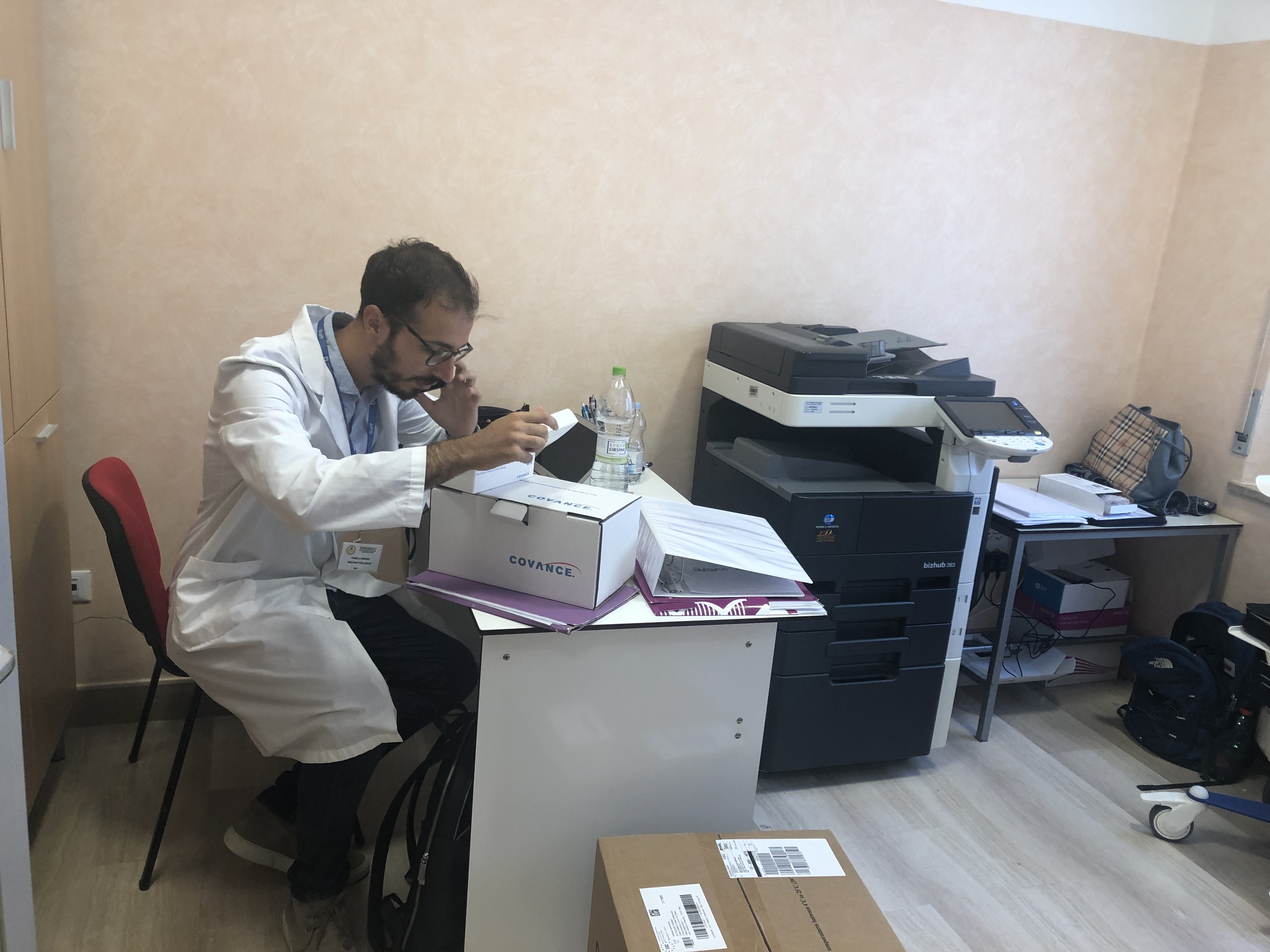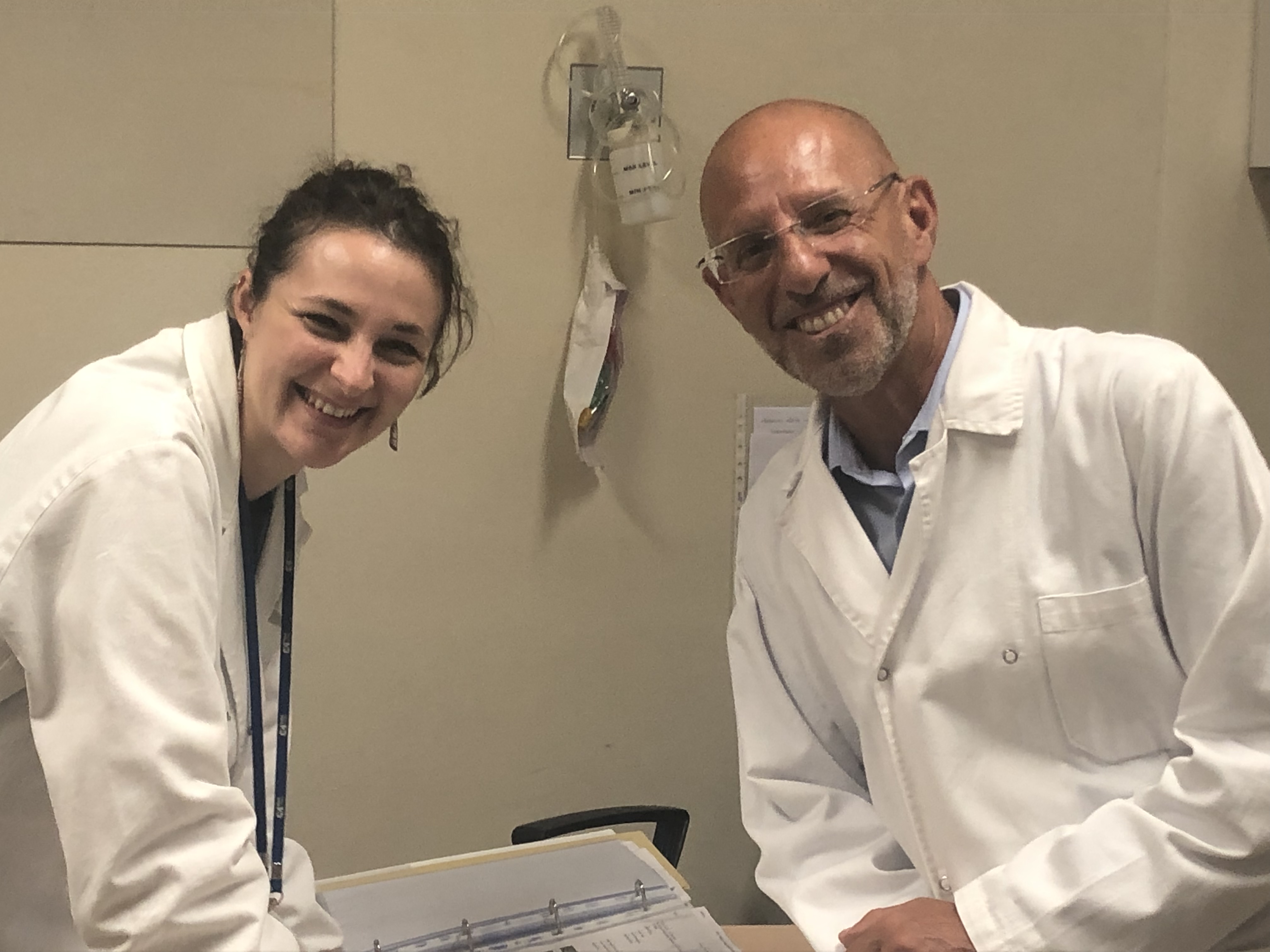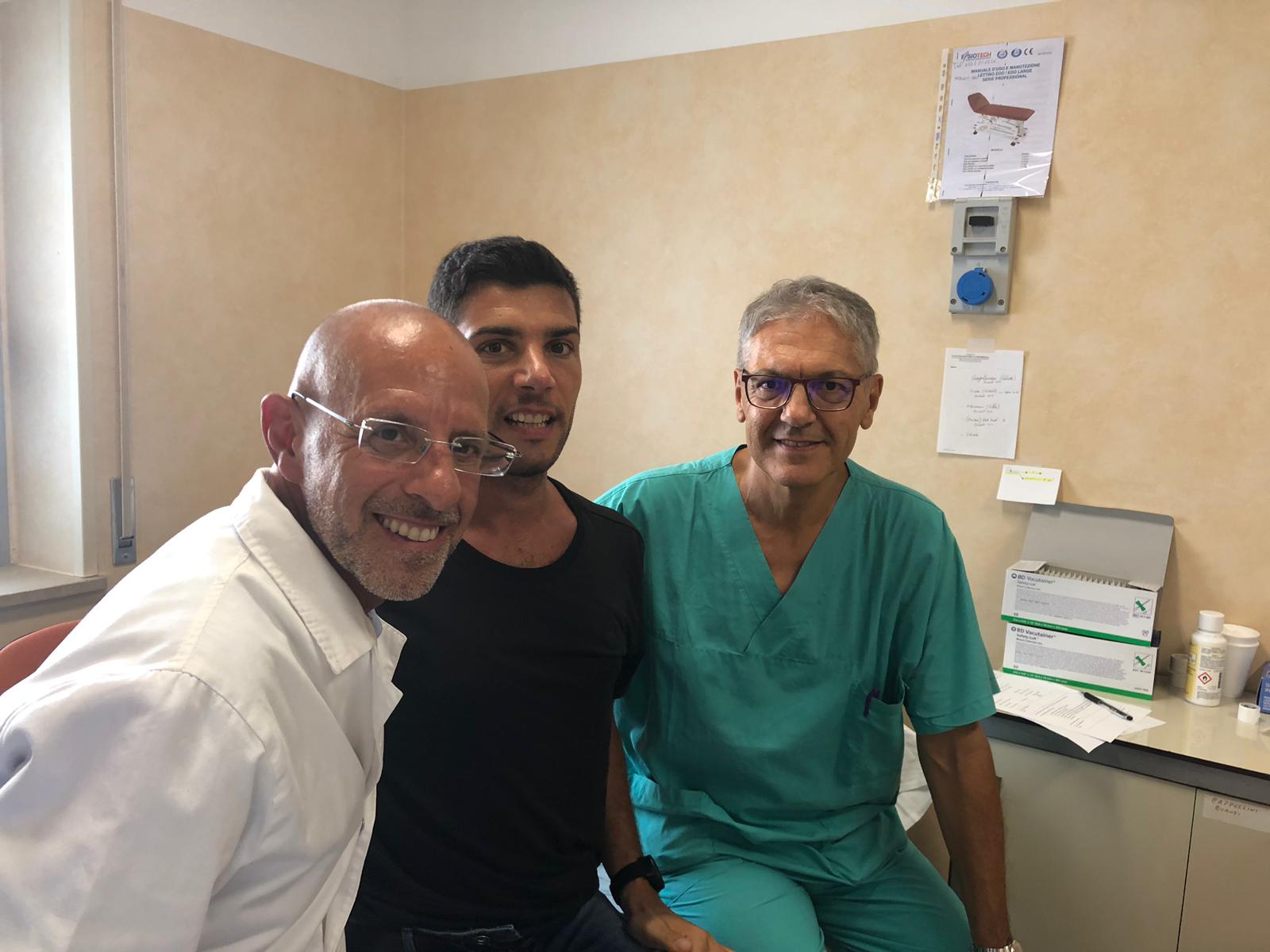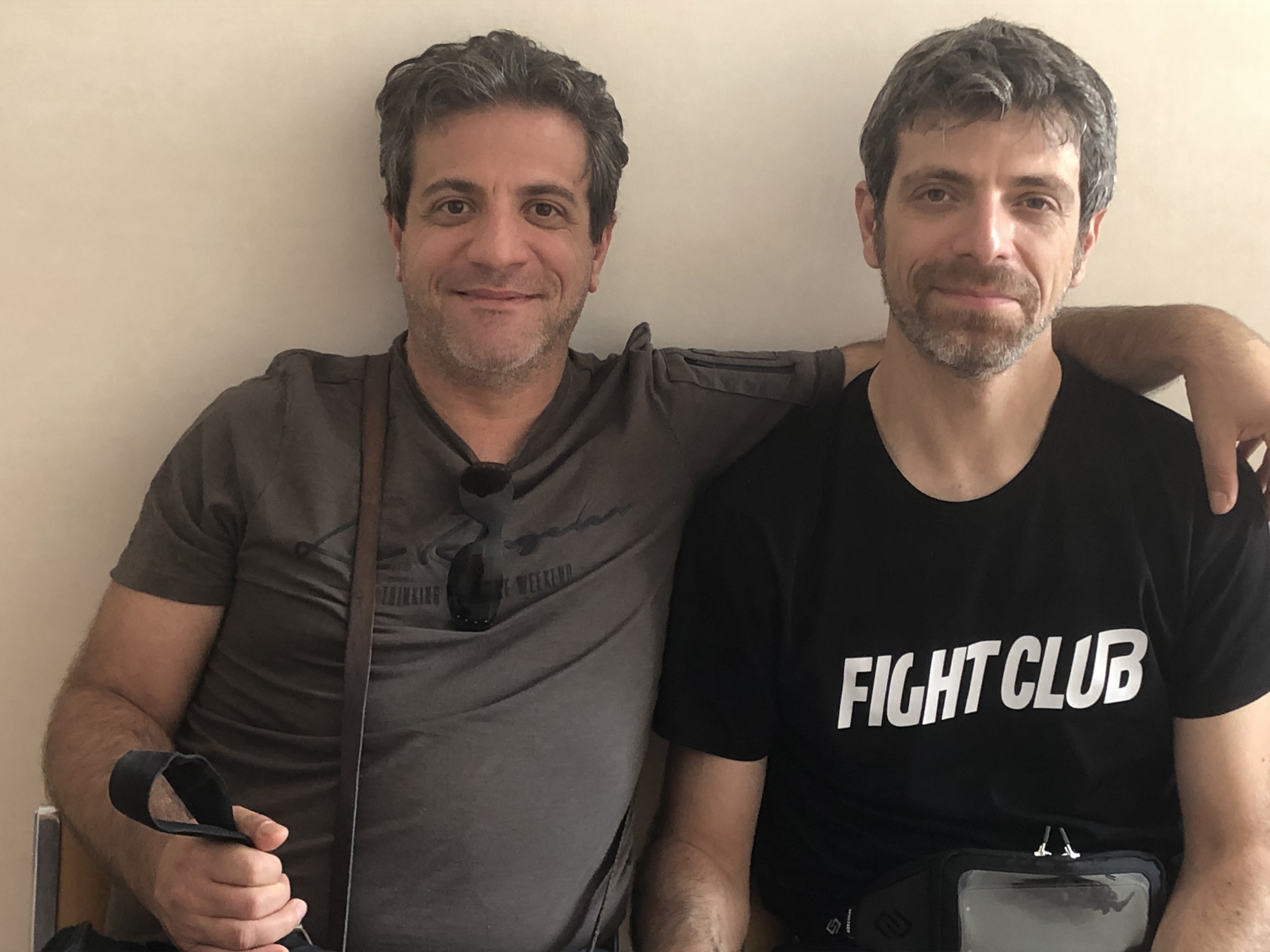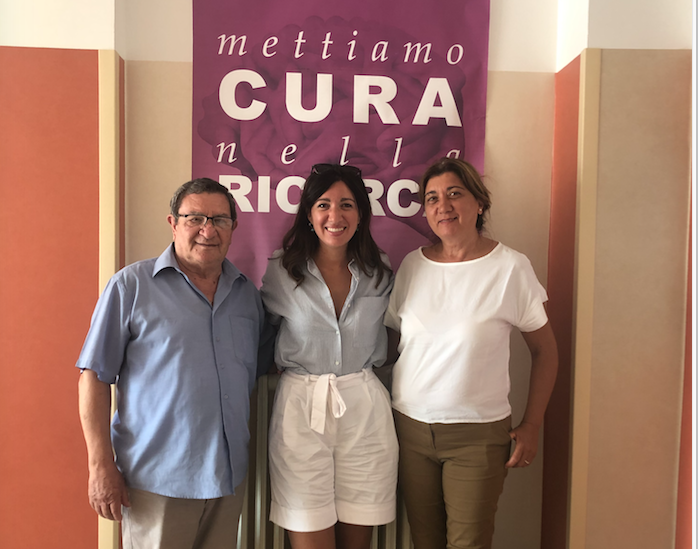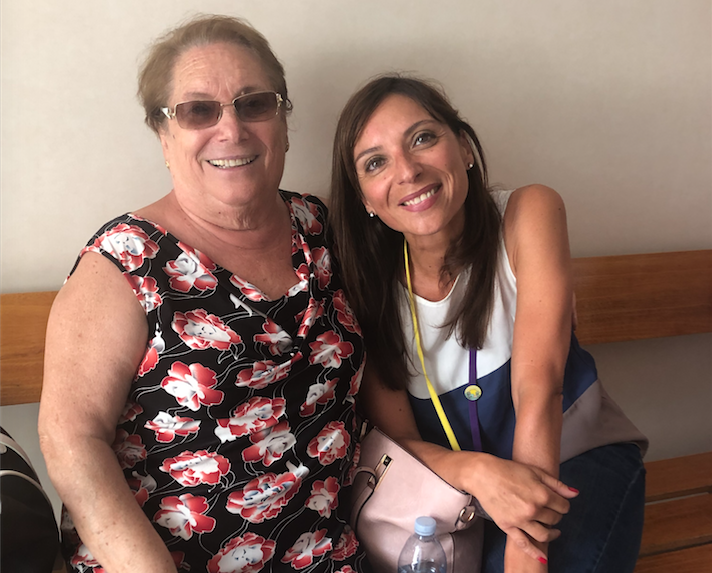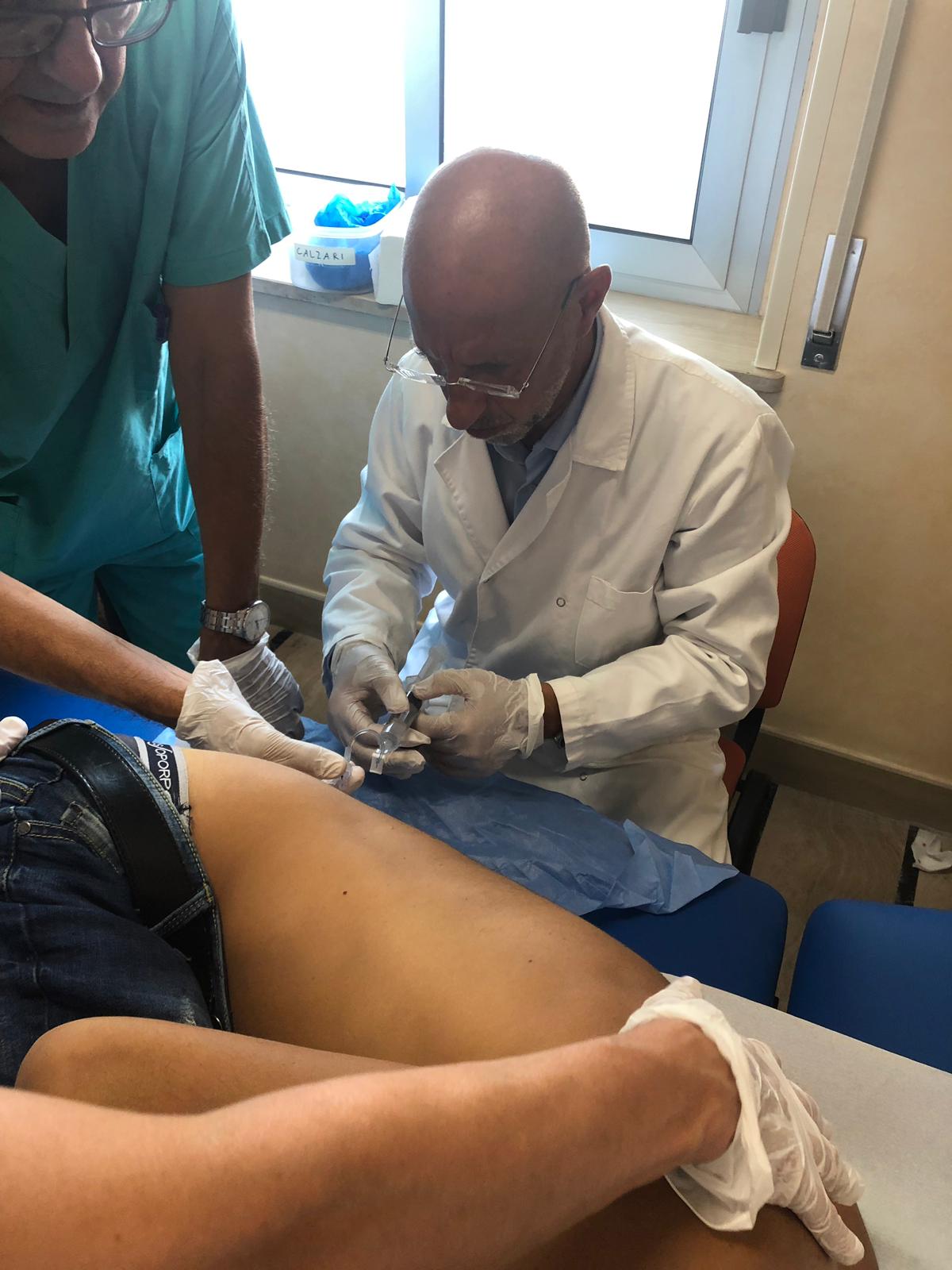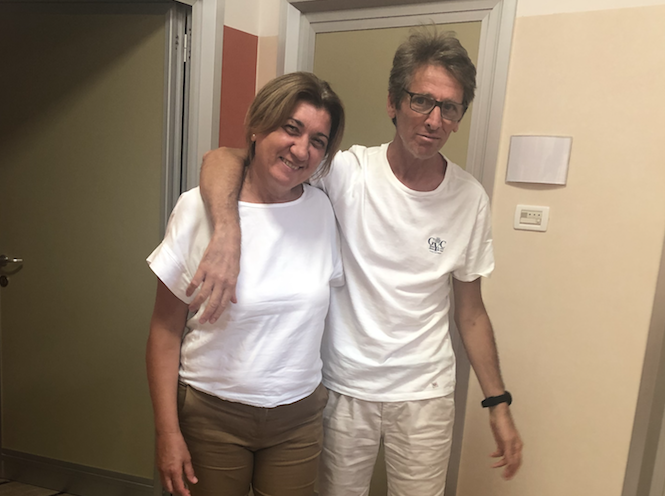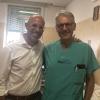
Generation HD1: our report on the trial beginning
The last week of August we went to San Giovanni Rotondo, Puglia Region.
We wanted to meet the team and the patients involved in the Generation HD1 study, currently being held at Casa Sollievo della Sofferenza Hospital, Huntington and Rare Diseases Unit.
For four days we breathed the same air that they breathed and we looked around, even a little, through their eyes. We listened to their voices and captured their feelings through images and videos. Some were there for the preliminary visit (so called screening visit) aimed at verifying if they meet all the inclusion criteria set out in the protocol; others, instead, had already made this visit the previous month and were there to receive the experimental drug (or placebo, no one can know it), for the first time - in the history of Huntington's disease - through a lumbar puncture. The air was full of emotion and tension, emotions expressed, to our surprise, with a great desire of patients to make new friends. We felt joy and lots of laughter coming from the waiting room.
We talked with the patients and their caregivers: mothers, sisters, dads, children, family friends, partners ... all of them were ready to take on a responsibility that will keep them for at least two and a half years: to accompany their loved ones to every visit and to commit to doing their homework as well. In fact, the study foresees the daily use of smartphones and smartwatches on which to perform exercises and tests at set times that must be performed not only by patients, but also by caregivers.
We observed the doctors briefing at the beginning of the day, discussing the best solutions so that the participants were as comfortable as possible during the infiltration of the drug (or placebo, no one can know). We focused on their satisfied, excited and smiles after successfully completing the procedure and having a laugh from the most tense patient, what we "need to make him relax, because everything will be fine". We have seen the biologist sit down discreetly and, thinking not to be seen, finally eating a sandwich at four-thirty in the afternoon, because he had missed lunch, even today, to follow all the laboratory procedures and managing the courier.
It is an experience that everyone should have, at least once, to look closely at what it means to administer experimental therapy to people for whom that therapy is the only hope of changing their future, and perhaps even their present. People who have been walking alongside for many years, or even just a few months. If we all looked a little closer, there would be less rhetoric, more awareness of how many efforts and sacrifices are behind every single day of work and commitment of every single doctor, researcher, patient, family member.
Barbara D'Alessio - 3 September, 2019


